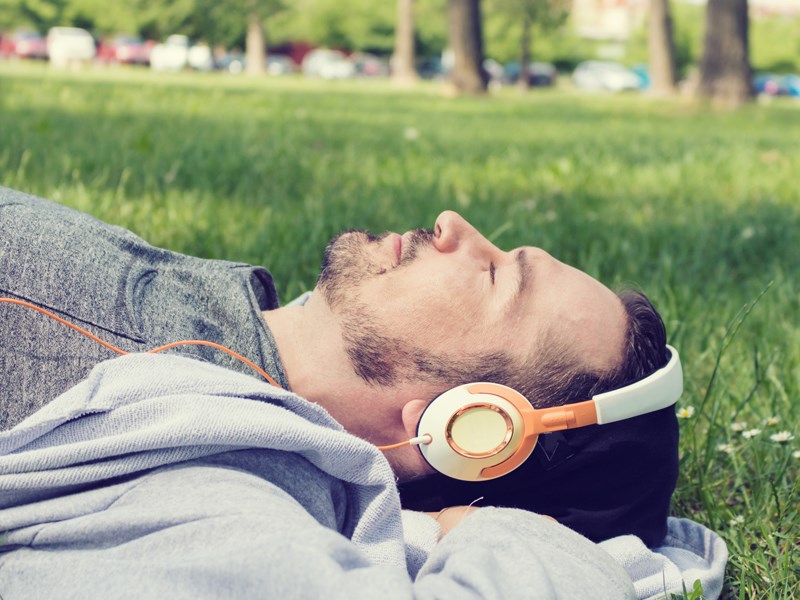If I had to name three essential things that have kept me alive since I was a small child, in no particular order, they would be grilled cheese sandwiches, oxygen and music.
Since the physical and psychological benefits of grilled cheese sandwiches and oxygen are pretty obvious and well documented, I'll focus this column on how music can positively influence our mind, body and spirit, individually and collectively.
There is growing science-based evidence that music predates language in the history of humans, and our 50,000-year-old to 100,000-year-old brains. If this is the case, that means our language can be thought of as a type of music.
Music would be the foundation, from an evolutionary and developmental point of view, for language, not the reverse, as formally thought.
The earliest known instrument is a 40,000-year-old bone flute made from the femur of a now extinct European bear. We also know, drums, rattles and other percussion instruments were used, and are still in use, in all ancient hunter and gatherer cultures long before the invention of flutes.
An interesting hypothesis is music began with early human communication between mother and child. Child-directed speech (CDS) or motherese are the melodic rhythms and sound patterns a mother instinctively uses to calm and bond with her baby.
An infant’s malleable brain will make all sorts of neurological connections and relates the sounds to safety and early emotions. You can blame prehistoric cave-dwelling parents and their primitive baby talk for the Nickelback song that has been stuck in your head since yesterday.
Music therapists have been helping patients with the therapeutic and healing potential of music for decades. Social disconnectedness can be the root of many mental and physical illnesses. Music creates the social and emotional environment for healthy connection to happen.
Either drumming in a group of a few people or a gathering of thousands at a stadium for a concert, there is a spirit of connection that has been proven to be an essential element to the health of our mind, body and spirit.
Music also releases the neuropeptide oxytocin in our brains, creating a soothing effect generally. This is proven to occur when listening to music alone or in groups. Oxytocin is the same hormone present during sex and is essential to sexual reproduction.
I guess the saying “sex, drugs and rock and roll” can now be verified scientifically with current brain-mapping technology.
Punk rocker turned renowned and groundbreaking neuroscientist Daniel J. Levitin argues that music has been the central force in human evolution in his book This is Your Brain on Music. In very readable text, he argues that music has been vital to human evolution.
For now, I feel content eating a warm grilled cheese, breathing in our fresh rainforest oxygen and relistening to Pink Floyd’s “Comfortably Numb” in my Nickelback-free zone.
Robert Skender is a Powell River freelance writer and health commentator.



